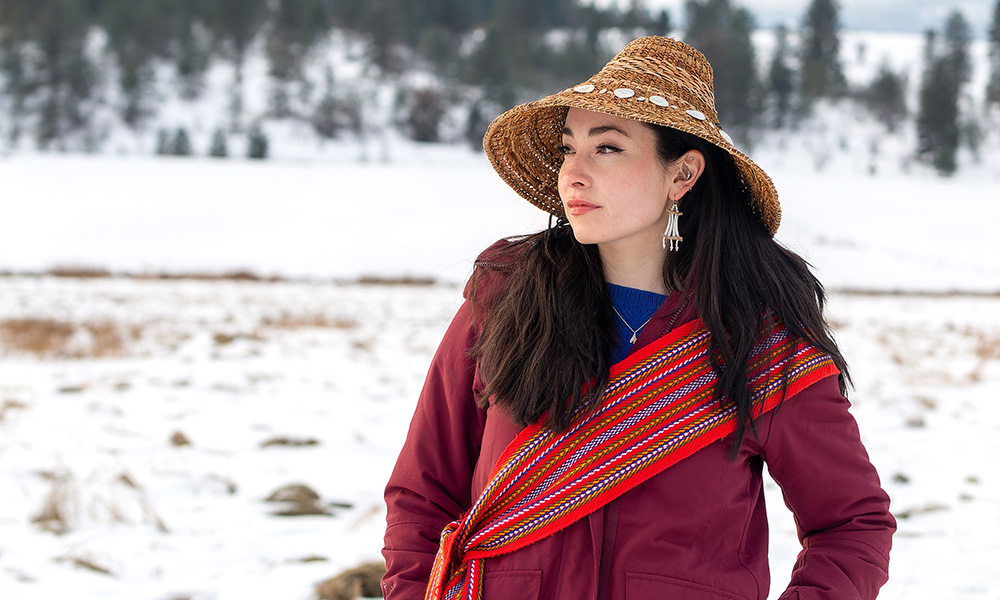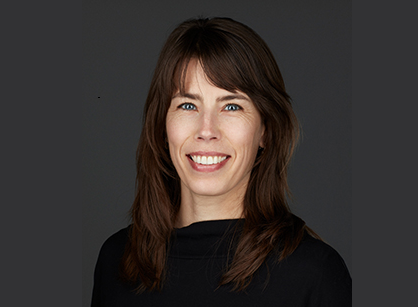Friday 24 May, 2024
12:30 pm to 2:00 pm (Eastern time)
On Zoom
Bilingual French-English event, with simultaneous translation. Free and open to all.
Please confirm your attendance by completing this form before May 23, 2024.
Presentation
On May 24, a webinar will be held to launch the Cities, Climate and Inequalities Collection of reseach summary. During this event, you will have the chance to explore the key themes covered in the Collection, along with three presentations by contributors summarizing their research featured in the Collection. The audience will be able to share their perspectives and ask questions to the different contributors involved in the project.
The Cities, Climate and Inequalities collection aims to bring together and make accessible existing knowledge on the relationship between inequalities, climate action and sustainability transition initiatives in cities of different sizes, regions and contexts. The project is headed by the Canada Research Chair in Urban Climate Action and Villes Régions Monde network, with academic partners in Quebec, Ontario and British Columbia, and Ouranos, consortium on regional climatology and adaptation to climate change.
The main objective of the project is to highlight and identify various forms of inequality to be considered, while promoting analyses of approaches that promote equity and climate justice.
In 2023, the collection published 15 syntheses of recent research in Quebec dealing with inequalities in terms of distributive justice (unequal distribution of benefits and harms caused by targeted publics and territories), procedural justice (unequal opportunities to participate in climate policy and action choices) as well as gender-related inequalities, addressing mainly transportation electrification, climate change adaptation and greening policies.
In 2024, it published 26 new syntheses from recent research in British Columbia, Ontario and Quebec. These syntheses fall into a number of categories of action (adaptation, socio-ecological transition, frameworks for equity and climate justice, approaches to inclusion and epistemic justice, the fight against discrimination, and the impacts of cumulative inequalities), deal with different types of actors and approaches (indigenous perspective, citizen initiatives, community and social movements, action research, policy analysis and governance) and, at times, target specific sectors of intervention (housing, energy, mobility and greening).
During the webinar, Sophie L. Van Neste, professor at INRS and Canada Research Chair in Urban Climate Action, will present the Cities, Climate and Inequalities Collection. Three speakers will then present their research syntheses:
-
- Reciprocal Training: An Instrument of Epistemic Justice in Grassroot Campaigns for a Just Energy Transition, by Laurence Brière, Professor of environmental education at UQAM.
- Presence & Power: The Illusion of Indigenous Inclusion in Climate Adaptation Plans in Canada, by Janna Wale, Policy Advisor, Indigenous Research, Canadian Climate Institute
- Exploring equity and justice content in Vancouver’s environmental plans, by Andréanne Doyon, Professor at the School of Resource and Environmental Management at Simon Fraser University.
A discussion between the three speakers and webinar participants will then be moderated by Hélène Madénian, postdoctoral fellow at INRS, Labo Équité Climat.
This webinar is a bilingual French-English event, with simultaneous translation.

Photo credits : Alexis McKeown

Photo credits : UBCO

Photo credits : Emilie Tournevache \ UQAM
